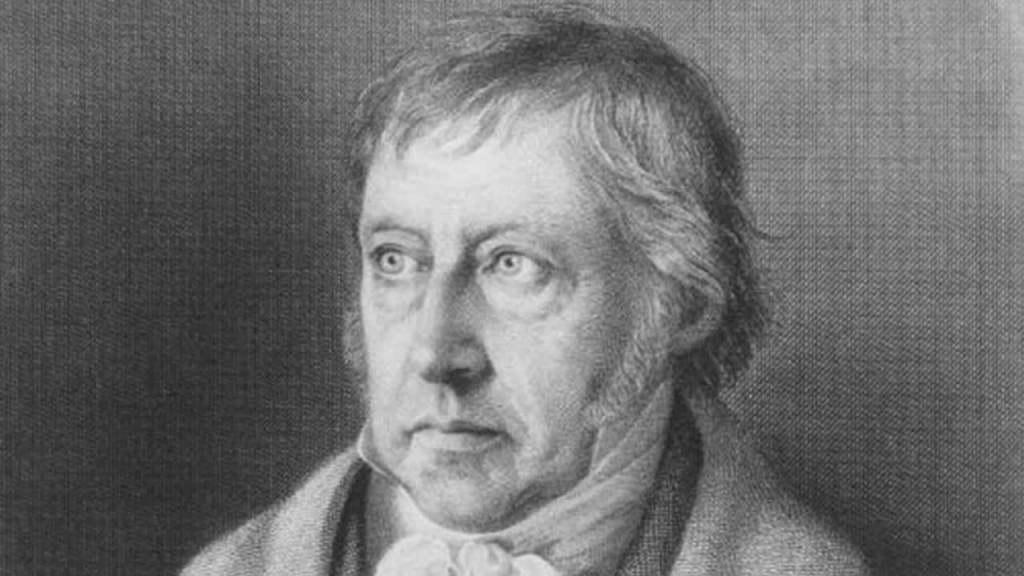Professor Kimberly Baxter’s article summarizes Hegel’s argument that the state’s higher ethical purposes necessitate war as a means. According to Hegel, war is a “positive moment” wherein the state asserts itself as an individual and establishing its rights and interests. Sacrifice on behalf of the the state is the “substantial tie between the state and its members — and so is a universal duty.”
Hegel alludes to Kant’s perpetual-peace thesis when he writes that,
“Just as the blowing of the winds preserves the sea from the foulness which would be the result of a prolonged calm, so also corruption in nations would be the product of prolonged, let alone ‘perpetual’ peace.”
Warfare thus constitutes a form of purification. (Though Kant did also argue that “At the stage of culture at which the human race still stands, war is an indispensable means for bringing it to a still higher stage.”)
For more, see Professor Baxter’s article here. Related: My close-reading of Hegel’s Philosophy of History, with its solution to the Theodicy problem, its explanation for why World-Historical Men such as Alexander and Caesar die you, and its rejection of separating church and state. In the *Philosophers, Explained* series.
Hegel on worshipping the state.
Nietzsche and Zarathustra’s predatory collectivism.
Werner Sombart on heroes versus merchants: How “the German way of war will cleanse humanity and raise it to a sacred height.”
My interview on Hegel in Culture Today magazine.
Appendix to Nietzsche and the Nazis: Quotations on German militarism [pdf].

Warfare is required to establish the reality of the state: “purification” is the means to assert the bond between human beings and the state. The state needs to be purified from INDIVIDUALISM–the idea that one can exist in a condition of separation from the state.
This is why Hitler and Goebbels and Himmler called the Jew a “disease within the body of the people.” They suffered ostensible from the disease of INDIVIDUALITY or individualism: refusal to submit to the “higher power,” the state.
The Holocaust functioned similarly to the way in which war functions (according to Hegel): as a means toward PURIFICATION by establishing a BOND between human beings and the state. The Holocaust was a moment in which the state asserted itself and “established its rights” over the individual.